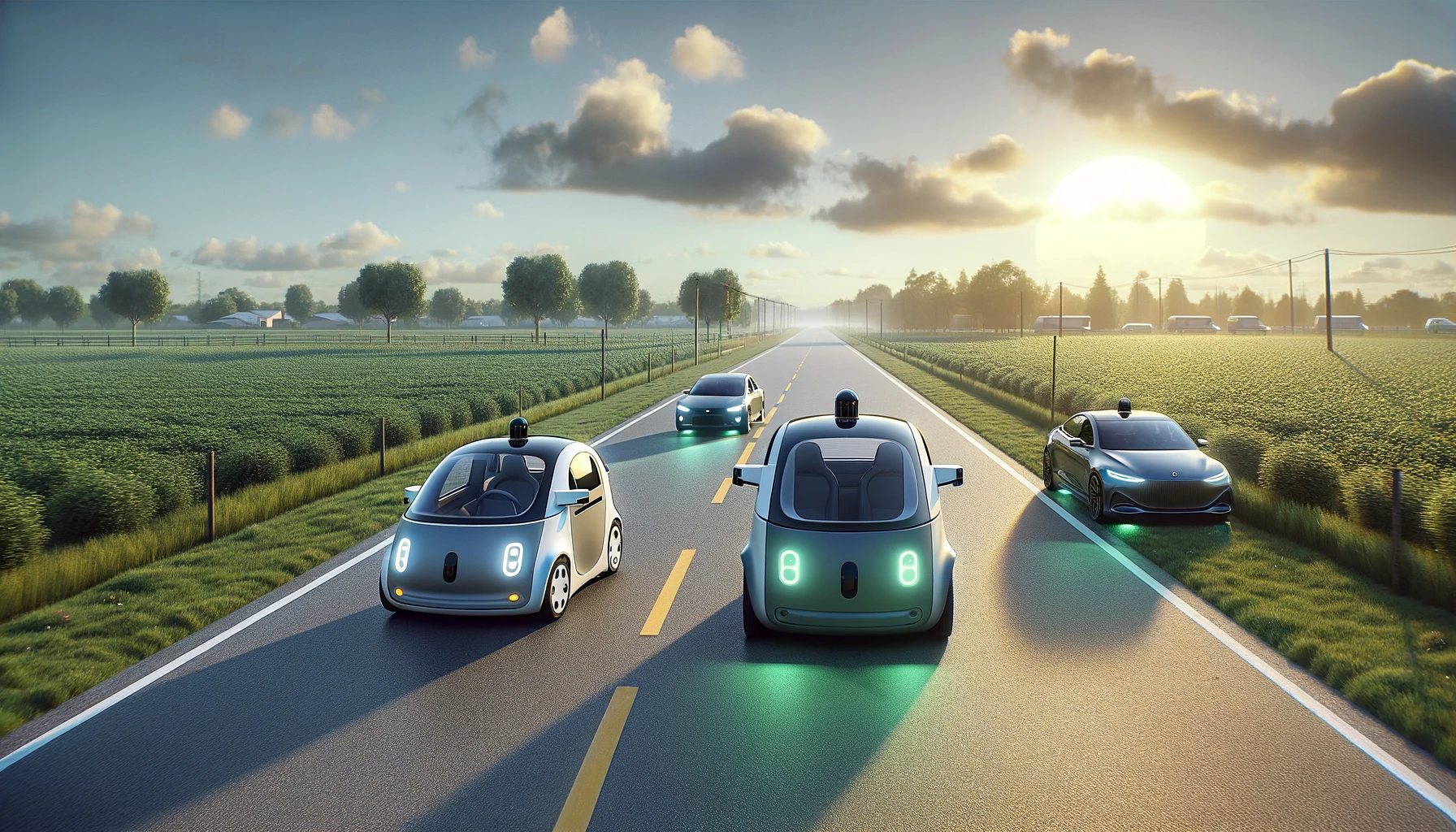Check out this answer from Consensus:
While driverless cars offer promising benefits in terms of safety and efficiency, their introduction onto public roads at this time is fraught with ethical, legal, and socio-economic challenges. Addressing these concerns is crucial to ensure that the deployment of autonomous vehicles does not compromise public safety or exacerbate social inequalities. Further research and legislative reforms are needed to navigate these complexities and pave the way for the safe integration of driverless cars into our transportation systems.
The advent of driverless cars has sparked significant debate regarding their safety and the ethical implications of their introduction onto public roads. While proponents argue that autonomous vehicles can enhance road safety and efficiency, critics highlight potential risks and ethical dilemmas. This article examines the current state of driverless car technology, the associated risks, and the ethical considerations that must be addressed before their widespread adoption.
Ethical and Safety Concerns
The introduction of self-driving vehicles raises numerous ethical issues that extend beyond the commonly discussed dilemma scenarios. One major concern is the potential for severe social and political conflicts due to strong opinions for and against driverless cars. Additionally, there is a low tolerance for accidents caused by autonomous vehicles, which could delay their introduction despite their potential to reduce overall road risks. Over-reliance on the quick reactions of self-driving cars may also lead to dangerous behaviors, such as pedestrians stepping in front of vehicles, assuming they will stop in time1.
Technological and Legal Challenges
The deployment of driverless cars necessitates significant changes to road rules, driver licensing, and insurance policies. These changes are required to accommodate vehicles that operate without human drivers. Moreover, there are ongoing debates about the ethical decisions that autonomous vehicles might make in unavoidable crash scenarios. Privacy concerns also arise from the data collected by these vehicles and cooperative intelligent transport systems (C-ITS)3.
Human Rights and Liability Issues
The transformation of the driving market through autonomous vehicles aims to improve safety, mobility, and efficiency. However, incidents such as the fatal accident involving an Uber autonomous vehicle in Arizona have ignited debates over the legality and human rights implications of driverless cars. The question of liability in accidents involving autonomous vehicles remains unresolved, with ongoing discussions within frameworks such as the European Union4.
Socio-Economic Implications
Driverless cars could lead to socio-economic segregation in road traffic if fast passage can be bought, creating disparities between different economic groups. Additionally, the potential for hacking and misuse of autonomous vehicles by terrorists or criminals poses significant security risks. These vehicles could be used to carry out attacks or disrupt road systems1.
Are driverless cars dangerous to introduce onto our roads, at this time?
Scott Gigante has answered Extremely Unlikely
An expert from Yale University in Bioinformatics
Based on current crash statistics, the existing technology that is being tested on public roads is less dangerous than human drivers. That is not to say the autonomous driving technology we currently have is necessarily “good” – just that the baseline (human drivers) is particularly bad. Introducing technology performing moderately well to replace an existing that is performing extremely poorly is inherently low risk.
Are driverless cars dangerous to introduce onto our roads, at this time?
Thomas Grill has answered Likely
An expert from Johannes Kepler University Linz in Computer Science
Self-driving cars are promising and there is a huge potential in it. Being it private cars, car-sharing approaches where you just call your car and it picks you up or just a taxi replacement. An even bigger potential might come up in transportation where all the truck-based transportation could be replaced by a self-driving truck fleet.
Sounds really promising … 🙂
Anyway. Currently there are still a lot of open questions.
- The infrastructure gets better but is still very restrictive in terms that highways are easy to be equipped with proper sensors, data-access points for getting relevant information.
- Car2car communication would be essential in order to build an intelligent network where the traffic get’s a self-managed artifical intelligence system. Such could predict a lot more of situations, but is still not ubiquitous available.
- How about specific situations where decisions need to be made. E.g. can the car differentiate between a child crouching on the street and a giant turtle? Who will make the decision in risky situations where an accident could not be avoided?
Resume. Situation gets better, infrastructure and cars improve, self-driving cars have their place in future traffic. Currently I would still vote for interim-steps where the “driver” still keeps responsibility for the vehicle he/she sits in just due to the fact that a lot of situations can be covered by an autonomous driving system in a good way but may still not replace the human’s intelligence and intuitiven with respect to the speed regarding making intuitive decisions.
Are driverless cars dangerous to introduce onto our roads, at this time?
Ernest Lie has answered Extremely Unlikely
An expert from UNSW Sydney in Computer Science
As with anything in tech, it gets better over time.
